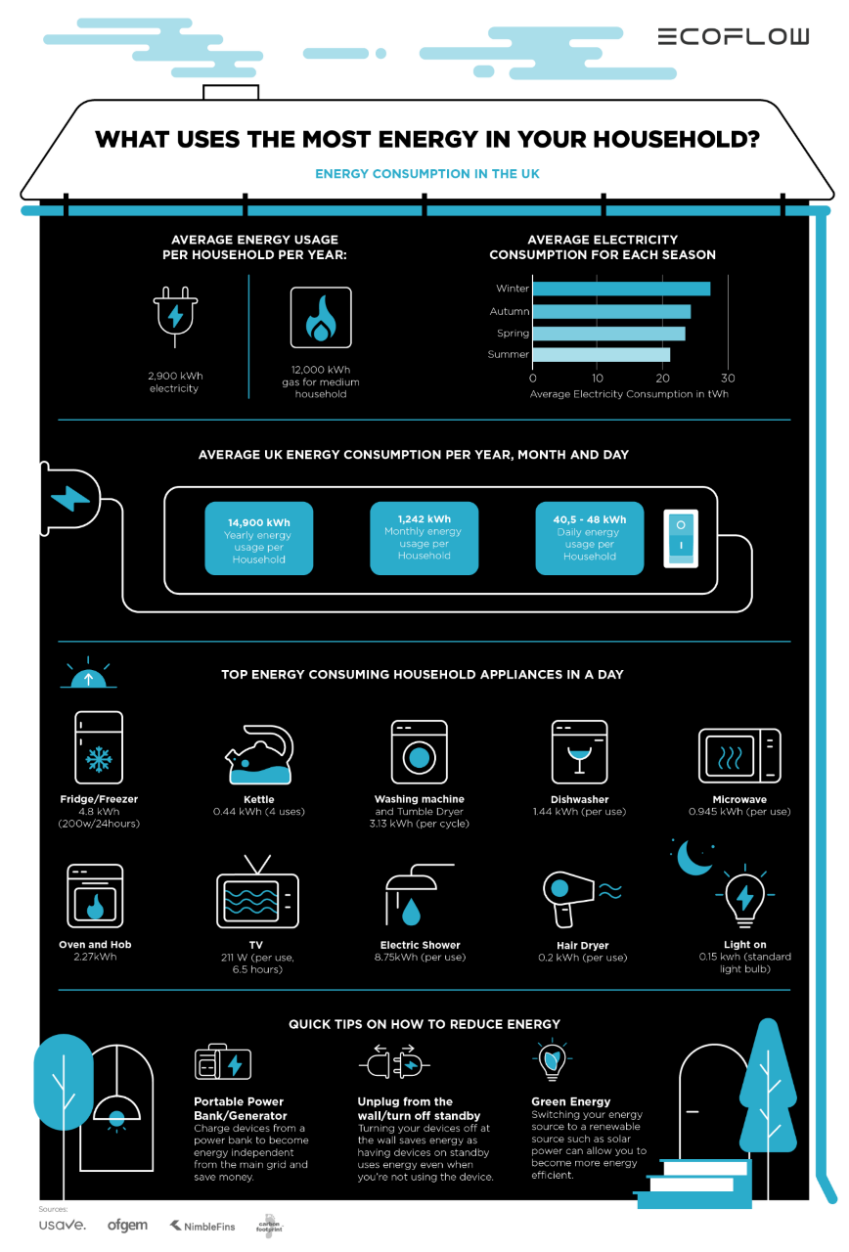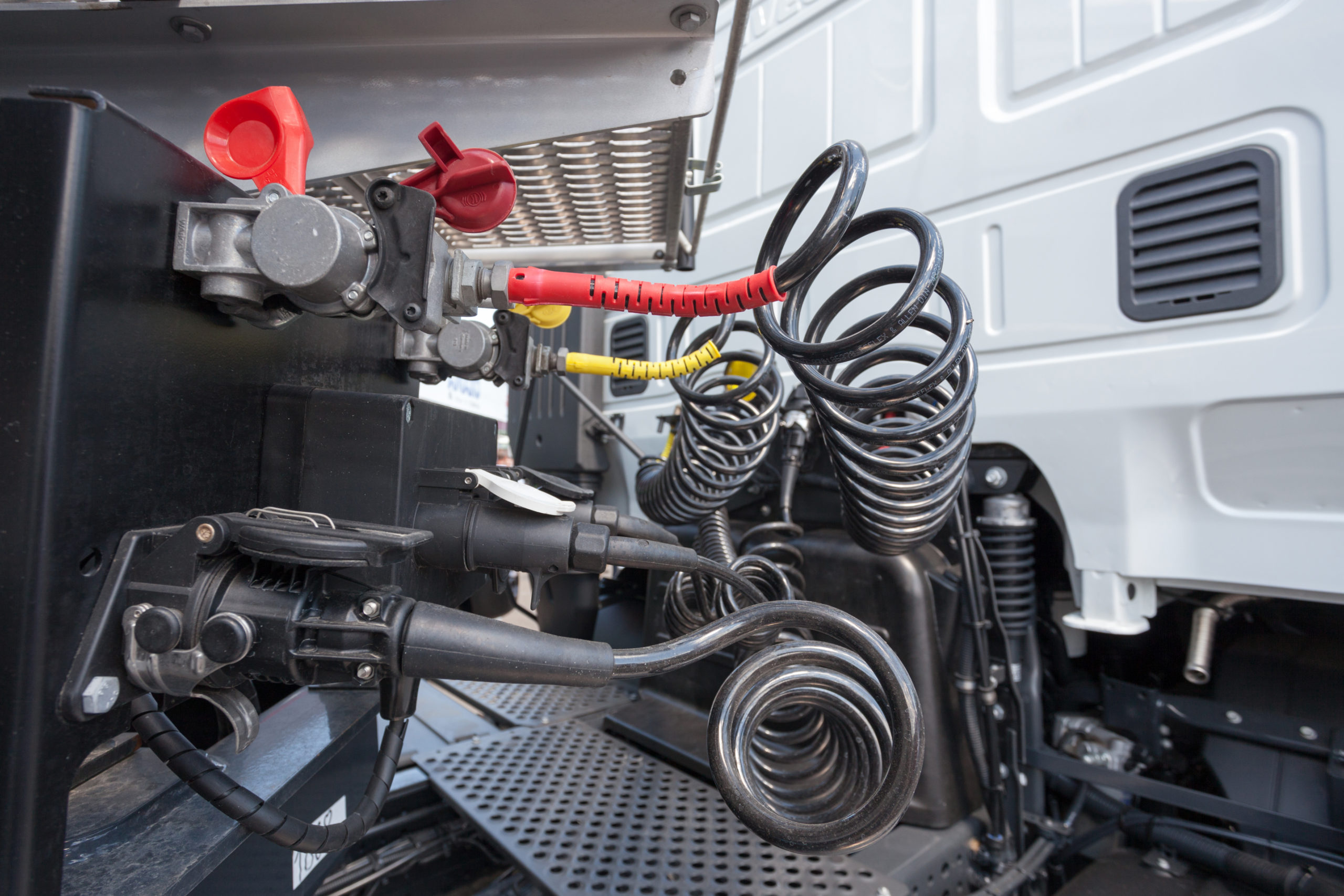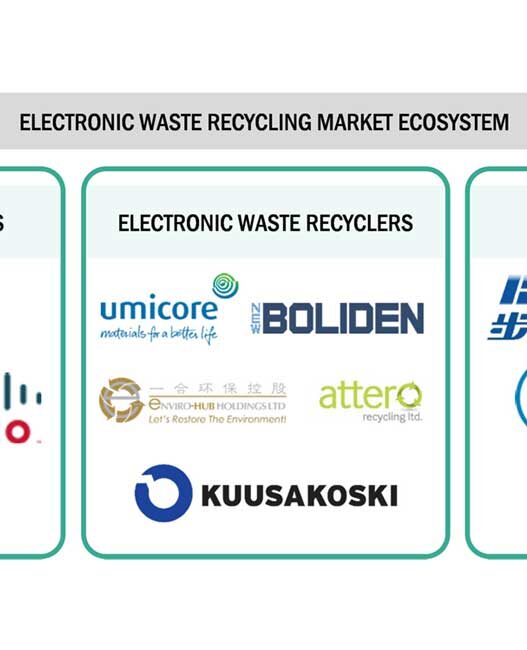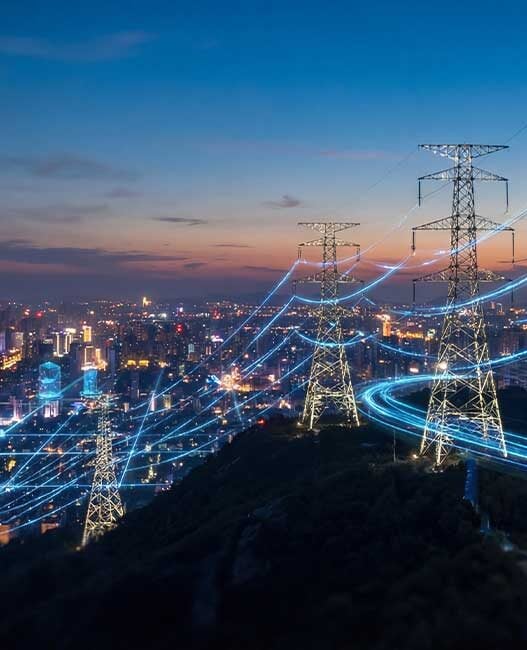The sharp increase came in large part from a return to normality in contrast to the restrictions and lockdowns of 2020.
The COP26 Clean Power Transition Statement noted: “Coal power generation is the single biggest cause of global temperature increase, [we] recognise the imperative to urgently scale-up the deployment of clean power to accelerate the energy transition.”
Ecoflow, a leader in portable power and renewable energy solutions, revealed through analysis of BEIS data, that the UK’s electricity consumption this year is set to see a 10% increase, reversing the progress made in 2020, during which consumption fell by 14% year on year. As we head into a second winter of COVID restrictions and as household energy costs continue to increase, understanding our individual energy consumption and being made aware of sustainable solutions to reduce our carbon footprint is essential.
Household energy consumption in the UK – what appliance uses the most energy in your household?
EcoFlow’s analysis discovered that an average UK household consumes 14,900kWh of energy per year, which comes to a daily energy consumption of 40.5 to 48kWh per household.
To demonstrate how households across the UK have become overly-reliant on electricity whilst working from home during the winter months, EcoFlow has outlined a breakdown of how our daily habits impact our energy consumption, which appliances are most energy hungry and how we can change our habits to push towards a clean power future.
Thomas Chan, R&D Director, Ecoflow: “The average cost of energy during winter months is at an all-time high. We have to remain mindful of our energy usage and the direct effects it has on the environment and climate change. By becoming energy independent and using renewable sources of energy such as solar, people can avoid high electricity bills during the winter months ahead.”

Morning
A survey into Britain’s most popular breakfast choices found that 4/5 of Brits’ favourite breakfast foods are cooked. It’s no surprise that in the UK, a cooked breakfast is still the most popular choice. But how much electricity does this consume? Cooking appliances such as hobs (0.71kWh per use), ovens (1.56kWh per use) and microwaves (0.945 kWh per use) account for 19% of the average electricity use. As microwaves are more energy efficient than ovens, try batch cooking at the beginning of the week and reheating leftovers, rather than using the oven for each meal.
Afternoon
Working from home not only impacts our electricity consumption as devices such as laptops (0.4kWh for 8-hour days), monitors and web cameras become essential aspects of our home office, but also allow us to carry out daily chores such as hoovering and using the dishwasher throughout the day (3.13kWh per cycle). Wet appliances account for around 21% of our overall electricity usage. Simple things to look out for to reduce electricity consumption are switching to ‘eco-mode’, and ensuring to only run the appliance when it’s full.
Evening
Ecoflow’s research found that our electricity consumption increased by 21% during the winter of 2020 compared to the summer. As the days become shorter during the winter months, our electricity consumption increases and our reliance on lighting and lamps throughout the day increases significantly. Lighting accounts for 14% of the overall electricity usage in a home – per bulb this is 0.84kWh. Breaking the habit and turning off lights or switching to energy-saving light bulbs is an essential part of moving towards a more energy efficient way of living.
For a more thorough breakdown of average household appliances’ daily energy usage and how to become energy efficient, Ecoflow has created a detailed infographic highlighting key statistics around energy consumption in the UK per household, and which appliances use the most energy.














